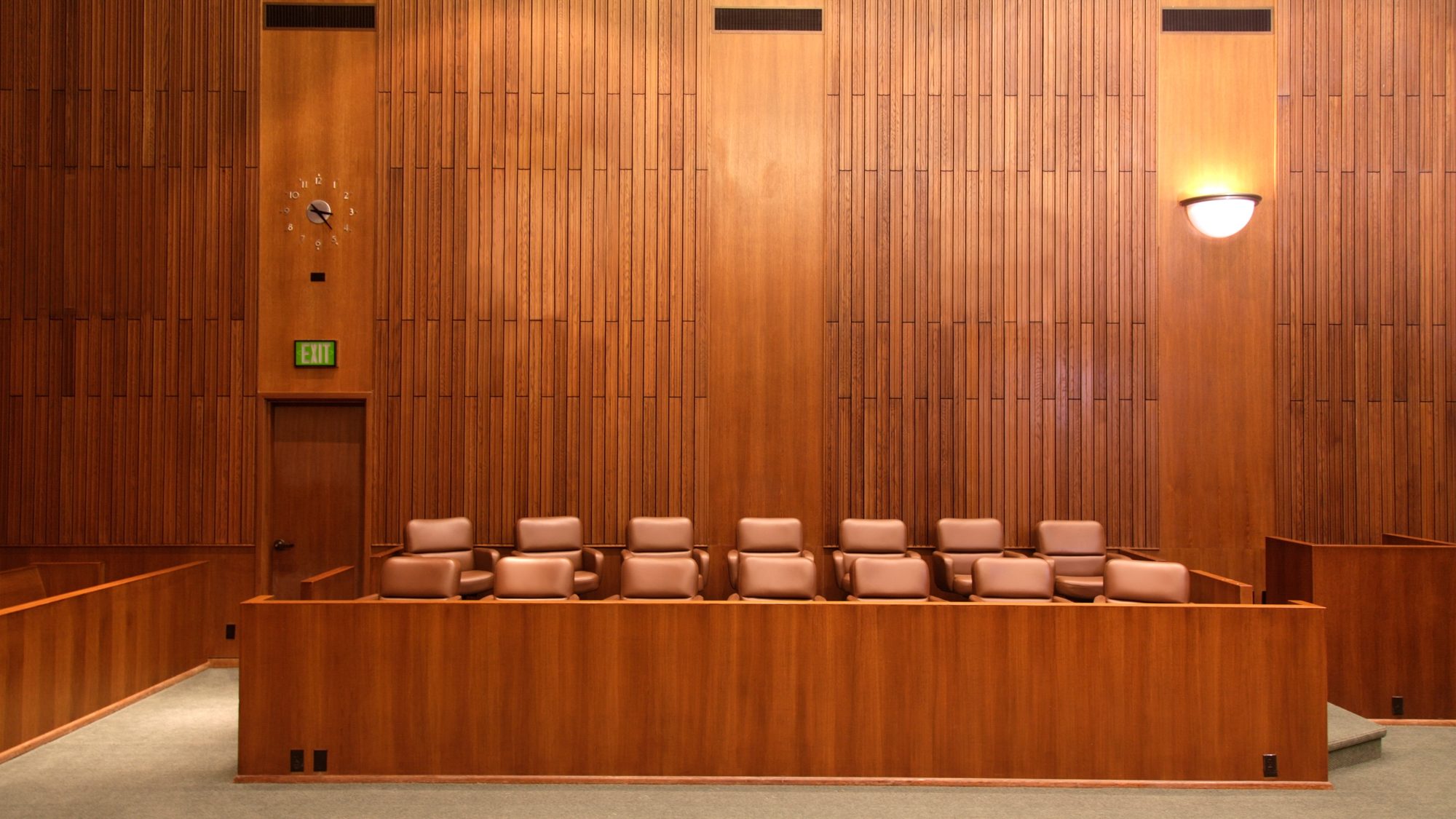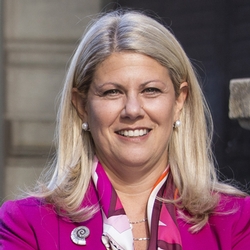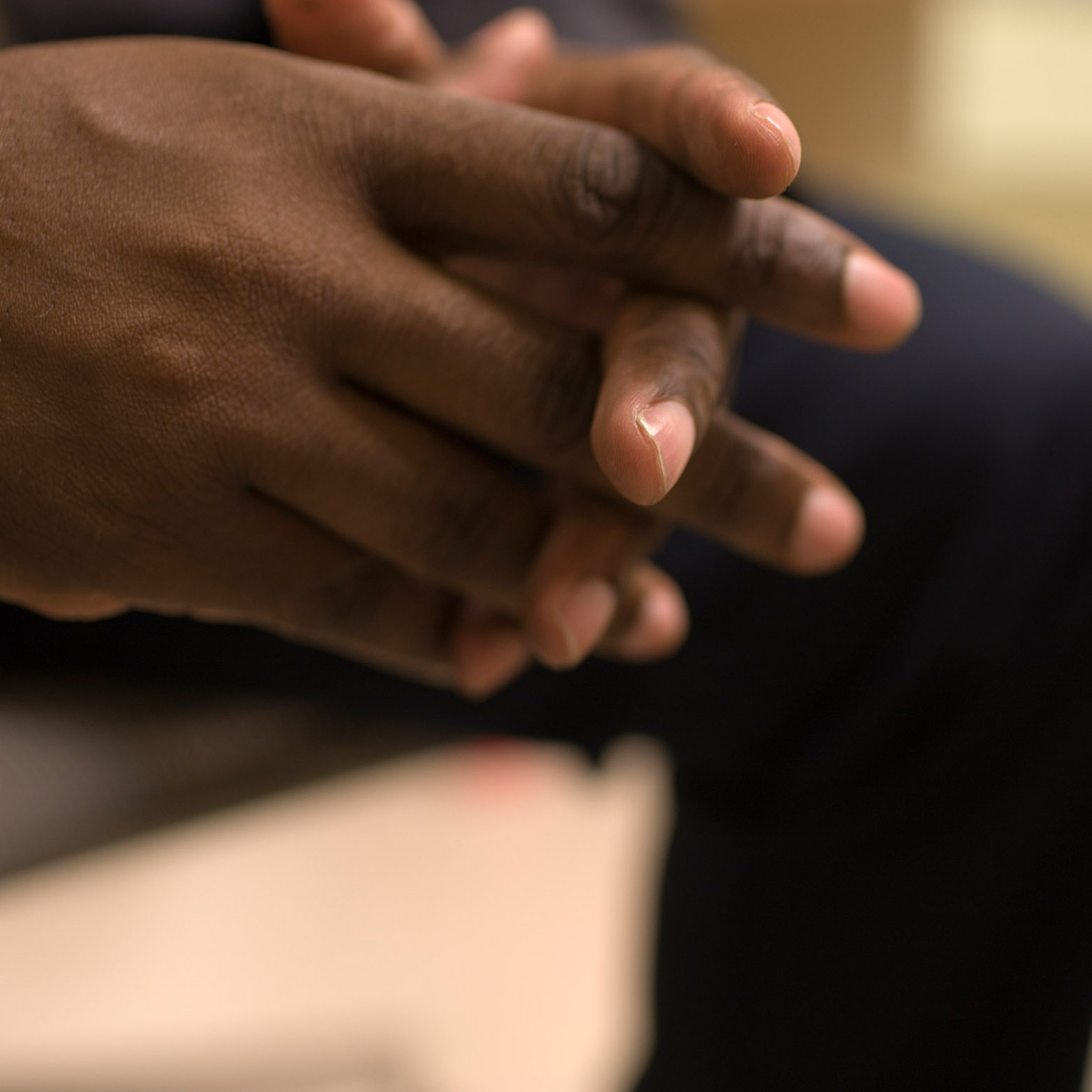Article
In Defense of the Jury System

Perspectives from the Bench and Bar
CRICO’s purpose is to protect the reputations and assets of our insured institutions and clinicians. Fundamentally, we do this by:
- steadfastly defending good medical practice against unjustified claims, thereby upholding the good names of our doctors, nurses and hospitals
- fairly compensating patients and families when they are harmed by care that departs from accepted standards of practice
A small number of cases reported to CRICO each year involve adverse events that are the result of clear negligence; e.g., operating on the wrong limb or administering the wrong medication to a patient. When these errors occur in CRICO institutions, by and large, thoughtful disclosure and apology takes place, CRICO professionals are engaged, and the matters are resolved without protracted litigation. In fact, many cases resolve without court involvement at all. The process isn’t pain free or perfect, but CRICO makes every effort to ensure that we understand the situation and can do the right thing for our insured and their patients.
Most cases presented to CRICO involve complicated circumstances in which patients question whether they received proper care. CRICO professionals, together with institutional risk managers, the involved clinicians, experts in the specialty at issue, and plaintiff and defense counsel (if retained), evaluate these cases in depth, seeking to determine if the care deviated from accepted practices, or if the patient experienced an unfortunate medical result, despite quality care. It is an important process that patients and clinicians alike need to be able to rely on for a consistent, objective, and fair review of the case.
Our evaluations over the past thirty years have proven to be very reliable. Generally speaking, on average, 220 claims and suits are received by CRICO each year, one-third (about 66) are identified as matters of liability for which compensation is appropriate, and the matter is settled. More than half (57%) of the cases are ultimately dropped by the patient. We are studying this group of cases for insights into why the patients brought the claims in the first instance, and why they abandoned them in the end. Since these cases do not typically involve any malpractice, ideally we will identify some opportunities to address patients’ issues before they file a claim.
The remaining 13% of cases proceed to trial or arbitration. These are cases that are pursued by a patient and his or her attorney despite the fact that CRICO has determined—through investigation and expert analysis—that the care provided was proper and that the matter is one to defend on behalf of the involved insured. CRICO is committed to protecting the reputation of its insured and we prevail in more than 90% of these contested matters. Despite the variability of juries, it is the system we have, and for the most part it works well.
This page is an excerpt of a full issue of Insight.
CME: The Massachusetts Board of Registration in Medicine has endorsed each complete issue of Insights or 30-minutes of podcast episodes as suitable for 0.5 hours of Risk Management Category 1 Study in Massachusetts. You should keep track of these credits the same way you track your Category 2 credits.From the Bench
After a half-century of practicing law, teaching it, presiding over trials (for 26 years), talking with medical people, and co-authoring a book on malpractice litigation, I have yet to meet any health care provider who thinks the court system deals intelligently, logically, or fairly with patients’ claims.
Boiled down, the litany comes to this:
- The system is rigged by lawyers and judges.
- It puts dedicated, concerned doctors at the mercy of opportunistic individuals out for a quick buck.
- It encourages suits by patients whose results weren’t as successful, prompt, or painless as they were supposed to be.
- The malpractice tribunal scheme, ostensibly designed to screen out worthless claims, is a joke. All a plaintiff’s lawyer needs is a letter from a doctor—not even one qualified in the defendant’s specialty—saying that the defendant erred, and the case and the torture continue.
- Cases take unconscionably long to reach resolution, even cases that are so meritless that the plaintiff ultimately drops the claim before trial.
- The excruciating delay affects not only the doctor’s professional life but perhaps more important, her or his personal life, as well.
- The discovery process (particularly the deposition) seems designed to intimidate and embarrass the doctor, besides taking him or her away from patient care.
- The trial, once it comes, is a bad joke. Twelve people selected at random have to evaluate scientific evidence that even experienced physicians struggle to understand. Beyond that, the rules of evidence prevent even experts from testifying to the “whole truth.”
- Outrageously high verdicts and the costs of even successful defenses drive up malpractice insurance premiums.
- Perhaps worst of all, constant fear of being sued affects (and infects) a physician’s clinical judgment.
Although certainly overstated, this sputtering litany of epithets and exaggerations expresses a valid discontent with the way the judicial system handles physician errors. Indeed, I know no judge or lawyer with any courtroom experience in medical malpractice litigation who regards happily or even calmly the process of administering justice to injured patients and accused doctors. They all would like to see a better method; yet I’ve not heard anyone suggest a reasonable plan of improvement. Rather than deal here with each of the complaints, I think it would be more useful to focus on the central problem of how the system should decide three basic issues:
- Was the physician’s performance unacceptably deficient?
- Did that performance injure the patient?
- What amount of money fairly compensates the plaintiff?
The apparatus which has evolved (admittedly in a haphazard manner) is the jury. We have come to believe that a group of ordinary citizens, hearing the evidence, is the best or, if you prefer, least bad way of determining factual issues, including damages and the underlying liability. So we ask 12 laypersons to decide whether the doctor was negligent and whether the negligence caused the patient’s injury.
Here is the heart of the medical profession’s contempt for malpractice litigation. Given the technical nature of medical evidence, putting the issues to a group of non-specialists is indeed asking the ignorant to use the incomprehensible to decide the unknowable.
How else could we resolve the dispute? Submit the matter to a panel of the defendant doctor’s co-specialists? If you were suing your stockbroker would you want the decision to rest with a group of stockbrokers? For that matter, if you were a physician-plaintiff (believe me, such outliers do exist) would you want the decision to rest on a panel composed of doctors sharing the defendant’s specialty certification? Is it fair to have any case decided by people in the same business as the defendant?
Well, wouldn’t a judge be at least as competent as a jury to decide liability and damages? Speaking frankly, and from experience, I doubt it. Twelve people, hearing and seeing the evidence the parties want to put before them, tend to achieve a fairer result than one person, however impartial and intelligent.
Thus we are left with a deeply-flawed, plainly imperfect system, which in my observation works because juries generally reach the right result—which is of course just another way of saying that I usually agreed with the verdict.
Still, I too wish we could develop a simpler way of achieving justice in malpractice litigation. Perhaps the devil we know is no worse than the devil we don’t. As Winston Churchill once remarked in a somewhat different connection: “It has been said that democracy is the worst form of government except all those other forms that have been tried from time to time.”

Hiller B. Zobel: retired associate justice of the Massachusetts Superior Court and the author, with Stephen N. Rous, M.D. of Doctors and the Law.
From the Bar
The right to trial by jury dates back to the signing of the Constitution. The Seventh Amendment provides: “in suits at common law, where the value in controversy shall exceed twenty dollars, the right of trial by jury shall be preserved, and no fact tried by a jury, shall be otherwise re-examined in any Court of the United States, than according to the rules of the common law.” Most, physicians, nurses and other health care providers have a healthy dose of skepticism about leaving the ultimate decision in a complex medical malpractice case in the hands of 12 laypeople. After all, none of the people on the jury are likely to have any medical training or experience, yet all of them have experienced health care as patients. It makes sense to assume that lay jurors will be biased in favor of a patient suing her doctor for malpractice—but it turns out not to be true. In actuality, jurors are skillful at identifying what really happened, and they want to believe health care providers are providing good care. Give them credible witnesses and good reasons, and jurors properly conclude the vast majority of the time that the medical care provided was not negligent.
In cases with a legitimate complaint about the treatment provided, the resolution is settlement, often using alternative dispute resolution options. It is the strongly contested cases, where despite a poor patient outcome the defense is certain the medical care was appropriate, which go to trial. It has been my experience as an attorney who defends health care providers that jurors really do want to be fair to all parties, and they do an excellent job evaluating the evidence presented at trial. The word “verdict” comes from the Latin veritas dictum, meaning to speak the truth. Jurors are asked to reach a conclusion about what really happened between doctor and patient—to find where the truth lies regarding the contested issues in the case. Jurors do not need any medical training or expertise to be able to identify a reasonable fact pattern recounted to them by a credible witness, compared with an embellished story by someone less credible. This applies to lay witnesses and physician witnesses alike. Jurors are able to tell when a health care provider, who has made tremendous personal sacrifices in order to dedicate her life to helping others, is accurately explaining in meticulous detail why the course of treatment provided was appropriate and reasonable at the time it was provided; jurors are equally savvy when it comes to identifying a patient trying to take advantage of an unfortunate outcome despite appropriate care. Jurors can identify expert medical witnesses who have made a business out of selling their expert opinions, when compared to a well-qualified expert with significant experience relating to the issue in question, who has performed a full and fair, objective review of the medical treatment and can explain why that care was proper and appropriate. Based only on their life experience of identifying who is credible and who is not, jurors are able to recognize the truth from the evidence.
Contrary to common belief, sympathy alone does not cause jurors to award money to a plaintiff when the outcome is devastating but proper medical care was provided. The applicable law favors health care providers. Jurors are instructed that a physician or nurse is entitled to exercise professional judgment in caring for a patient, and if that judgment was reasonable at the time then it was not negligent, even if the outcome was not as intended or expected. A bad outcome alone is not evidence that the treatment provided was negligent.
Jurors want to believe that doctors and nurses are providing quality care, as this makes them feel confident in the care that they are receiving. Jurors understand that if a doctor takes the time to sit in a courtroom throughout trial, and to testify under oath to defend her care of the patient, then she must feel very strongly about it—which has a strong impact on a juror’s ability to trust and believe the defendant. Taking the suit seriously, being present throughout trial, being prepared and able to explain the treatment in an understandable way, all contribute to the jury’s ability to find in favor of the health care provider.
The goals of the defense in a medical malpractice case are to be able to explain the complexity of the care provided in a simple, understandable and believable way. Most jurors are genuinely very interested in learning about the medical issues. While only some lay jurors may actually understand the medicine at the end of the trial, as long as they have a reason to “vote” their confidence in the defendant health care provider(s), they find in favor of the provider. The track record of medical malpractice cases reflects defense verdicts in the 90 percent range, which should give providers a strong reason to have confidence that our jury system is effective in seeking out the truth.
Originally published on January 4, 2013. Republished on June 1, 2013. Updated January 24, 2021

Ellen Epstein Cohen, JD: partner with Adler, Cohen, Harvey, Wakeman & Guekguezian, LLP
Related Content
Coping with Emotional Demands


Deposition: Expectations and Tips


